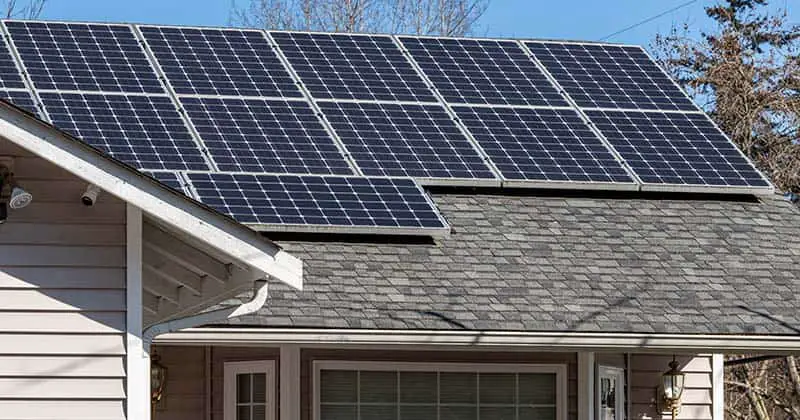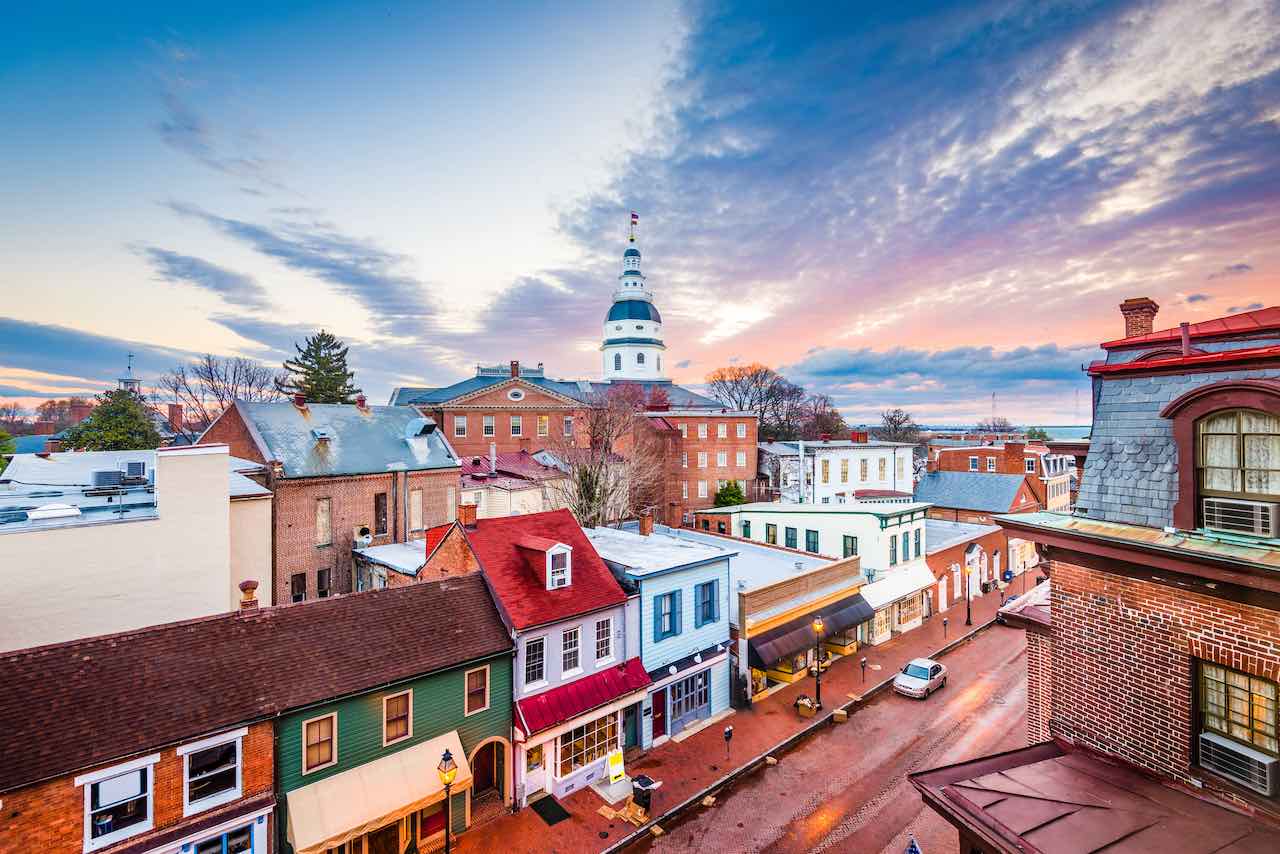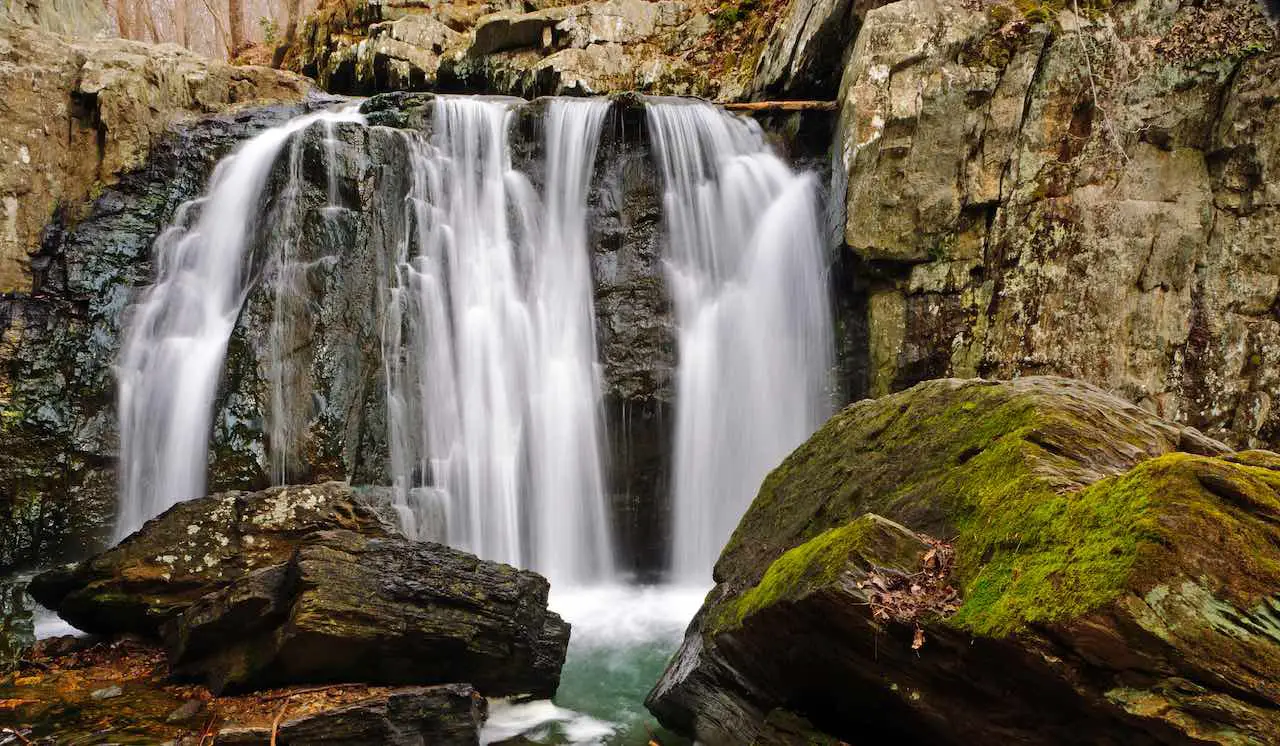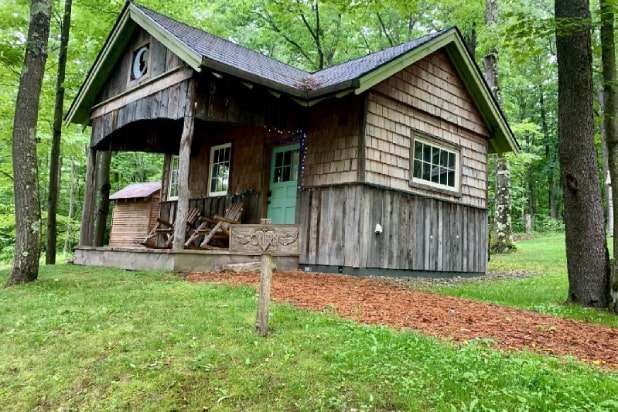Maryland is a state that allows for off-grid living, but there are important regulations to consider when it comes to building codes and zoning ordinances. Off-grid communities in Maryland are mainly located in the western part of the state, while the largest city, Baltimore, has a high crime rate and expensive living costs. This can pose challenges for those wanting to live off-grid in high crime areas, especially considering Maryland’s strict gun regulations. In addition to safety concerns, Maryland is also prone to natural disasters such as floods, tornadoes, hurricanes, and winter storms. As for sustenance, growing crops in Maryland can be difficult, with the main crops consisting of grain, barley, and soybeans. However, the state boasts plentiful freshwater availability, with many rivers flowing through its land. Maryland’s climate varies from a continental climate in the west to a humid subtropical climate in the east. When it comes to generating power off-grid, Maryland offers options such as solar, wind, and hydroelectric power. However, it’s important to note that the cost of living in Maryland is generally high, especially in Baltimore, although it becomes more affordable in the western part of the state. Despite its high crime rate, particularly in Baltimore, Maryland still maintains a lower poverty rate compared to other states. Property taxes in Maryland are slightly above the national average, while the unemployment rate is slightly below the national average, with common industries including healthcare, social assistance, and retail. If you’re interested in living off-grid, Alaska is considered one of the easiest states to do so, while New Mexico is known for being the cheapest place to live off-grid in the US.
Maryland’s Regulations on Off-Grid Living and Building Codes
Off-grid living, the practice of living independently from the traditional electrical power grid and other public utilities, is allowed in Maryland. However, there are regulations and guidelines in place regarding building codes and zoning ordinances that must be followed. These regulations ensure the safety and health of individuals living off-grid, as well as the preservation of natural resources.

Overview of Off-Grid Living in Maryland
Off-grid living in Maryland refers to living without reliance on the traditional power grid or public utilities such as water and sewage systems. Individuals who choose this lifestyle seek self-sufficiency and independence, often relying on renewable energy sources and sustainable practices. There are benefits to living off-grid, including reduced energy costs, a smaller environmental footprint, and increased resilience in the face of power outages or other disruptions.
Location of Off-Grid Communities in Maryland
Off-grid communities in Maryland are primarily located in the western part of the state. This region, with its abundance of natural resources and rural landscapes, provides an ideal setting for individuals seeking a self-sufficient lifestyle. The communities often embrace sustainable practices such as organic farming, renewable energy generation, and water conservation.
Challenges of Living Off-Grid in Baltimore
While off-grid living is more prevalent in the rural areas of Maryland, living off-grid in cities like Baltimore presents unique challenges. Baltimore has a high crime rate, which can pose security concerns for those living off-grid. Additionally, the cost of living in cities is generally higher, making it more difficult for individuals to afford the necessary equipment and resources for off-grid living.
Impact of Gun Regulations on Off-Grid Living
Maryland has strict gun regulations, which may pose challenges for individuals living off-grid in high crime areas. Self-sufficiency and self-defense are important considerations for those choosing to live off-grid, and firearms may be seen as a necessary means of protection. However, the regulations in Maryland may limit access to firearms or require additional permits and training, adding complexity to off-grid living in certain areas.

Dealing with Natural Disasters in Maryland
Maryland experiences a variety of natural disasters, including floods, tornadoes, hurricanes, and winter storms. These events can present significant challenges for individuals living off-grid. Preparation and mitigation are key priorities for off-grid residents, including having emergency supplies, backup power sources, and proper building codes in place to withstand severe weather conditions. Adhering to building codes ensures the safety of structures during natural disasters and helps minimize damage.
Challenges of Growing Crops in Maryland
Growing crops in Maryland can be challenging due to various factors. The main crops in the state are grain, barley, and soybeans, which may not align with the self-sufficiency goals of off-grid individuals seeking a diverse range of fruits and vegetables. Additionally, Maryland’s climate, soil conditions, and pest pressures may pose difficulties for crop cultivation. However, innovative solutions such as greenhouse farming and vertical gardening can help overcome these challenges.
Freshwater Availability in Maryland
Maryland is fortunate to have an abundance of freshwater sources, with many rivers flowing through the state. This provides off-grid residents with ample access to water for various uses, including drinking, irrigation, and sanitation. However, it is important for off-grid individuals to practice water conservation to ensure the long-term sustainability of these resources. Implementing rainwater harvesting systems, using low-flow appliances, and adopting water-saving practices are crucial for maintaining freshwater availability.
Climate Conditions in Maryland
Maryland’s climate varies between a continental climate in the west and a humid subtropical climate in the east. This means that off-grid residents may encounter different weather patterns and temperature extremes depending on their location in the state. These climate conditions can impact off-grid living, including energy generation, heating and cooling strategies, and planning for extreme weather events. Adhering to building codes that consider climate conditions is essential for creating resilient and sustainable off-grid structures.

Options for Off-Grid Power Generation in Maryland
Maryland offers various options for generating power off-grid, including solar, wind, and hydroelectric power. Solar panels are a popular choice due to the state’s ample sunshine, while wind turbines and small-scale hydroelectric systems can also be viable options depending on the location. Off-grid individuals can take advantage of these renewable energy sources to power their homes, reduce reliance on fossil fuels, and contribute to a cleaner and more sustainable energy future.
Cost of Living in Maryland
The cost of living in Maryland, particularly in urban areas like Baltimore, is generally higher compared to other parts of the state. This can present challenges for individuals pursuing off-grid living, as the initial investment cost for equipment and infrastructure can be significant. However, it is worth noting that off-grid living can also lead to cost savings in the long run, as energy and utility expenses are reduced or eliminated. Additionally, more affordable options may be available in the western part of Maryland, making off-grid living a more feasible option for some.
Crime and Poverty Rates in Maryland
Maryland has a high crime rate, particularly in cities like Baltimore. While off-grid living offers a level of security and self-sufficiency, it is important to consider the crime rates in the surrounding areas. Residents may need to take additional precautions to ensure their safety, such as installing security systems, forming community watch groups, or collaborating with local law enforcement. Despite the high crime rate, Maryland’s poverty rate is lower compared to other states, providing potential opportunities for off-grid individuals to build sustainable and self-sufficient communities.
Property Tax in Maryland
Property tax in Maryland is slightly above the national average. While off-grid living may offer some tax benefits, it is important for individuals to consider the potential property tax implications. Understanding the tax regulations and seeking professional advice can help off-grid residents make informed decisions about property ownership and ensure compliance with local tax requirements.
Unemployment Rate and Common Industries in Maryland
Maryland’s unemployment rate is slightly below the national average, indicating a relatively healthy job market. Common industries in the state include healthcare, social assistance, and retail. For individuals considering off-grid living, it is important to assess the suitability of this lifestyle for their chosen profession. Some occupations may lend themselves well to self-employment and remote work, making off-grid living a viable option. However, certain industries may require access to urban areas or specific resources, which may present challenges for off-grid individuals in Maryland.
In conclusion, Maryland allows for off-grid living, but there are regulations regarding building codes and zoning ordinances that must be followed. Off-grid communities in Maryland are primarily located in the western part of the state, where the rural landscape and abundance of natural resources provide an ideal setting. While off-grid living offers many benefits, challenges such as high crime rates in cities like Baltimore, strict gun regulations, and the potential impact of natural disasters must be considered. However, with proper planning, preparation, and adherence to relevant regulations, individuals can successfully embrace off-grid living in Maryland and achieve self-sufficiency and sustainability.




